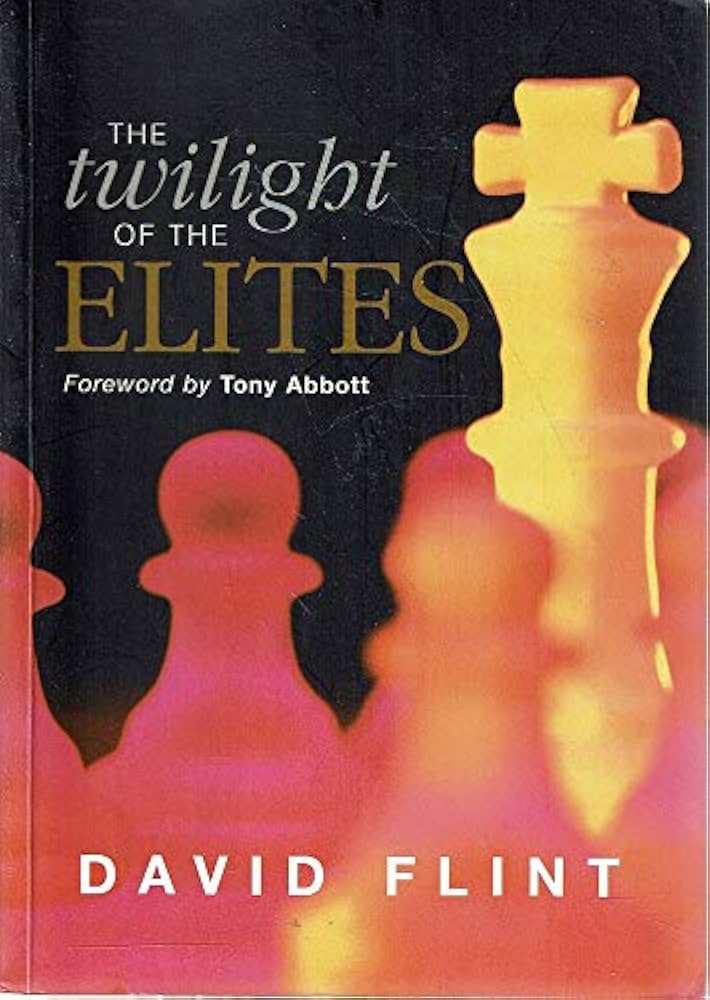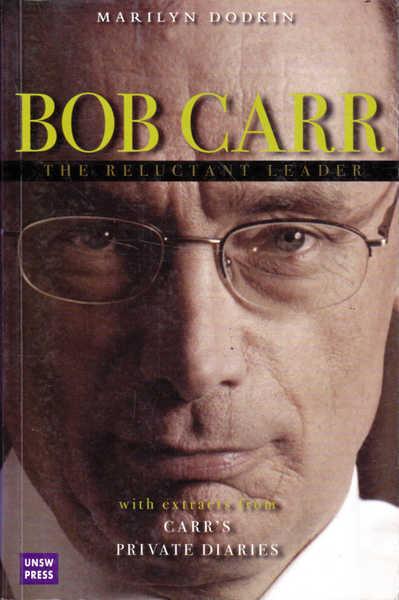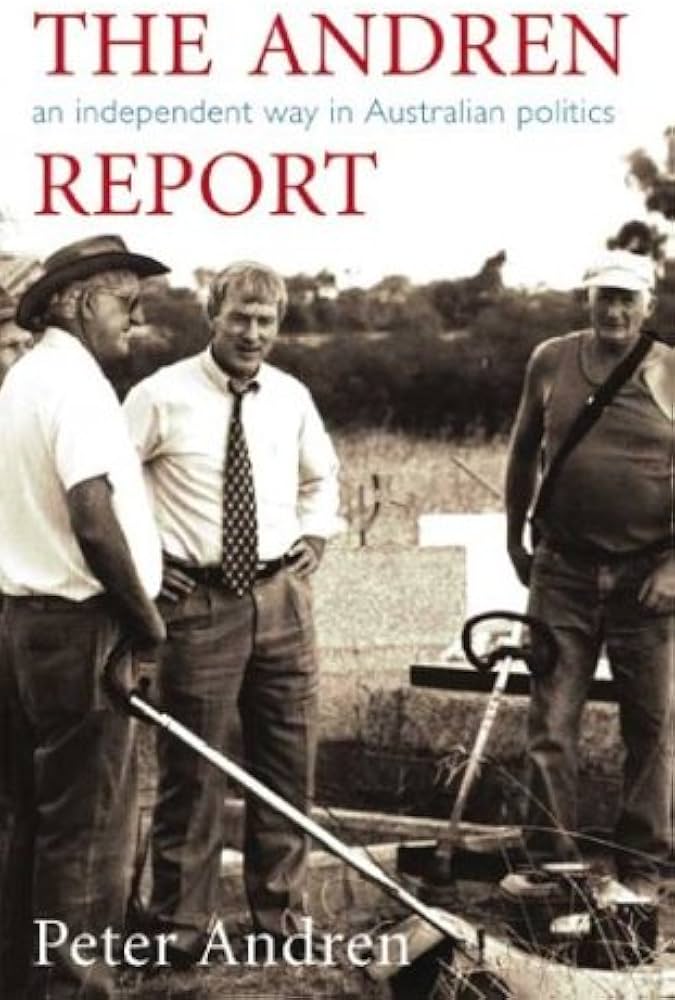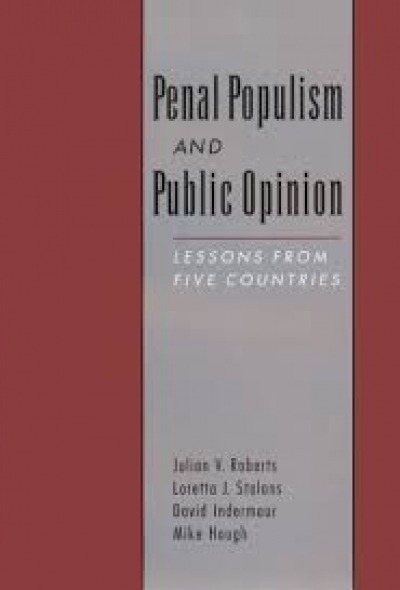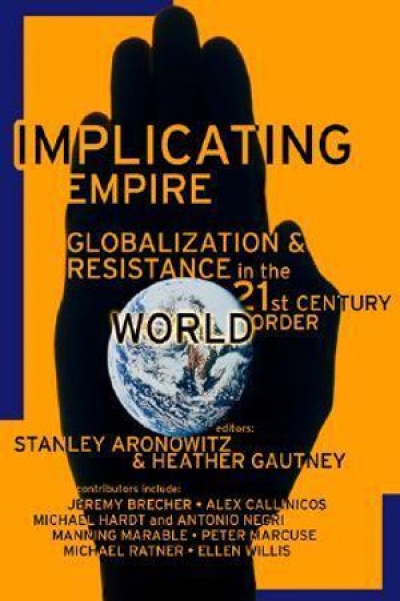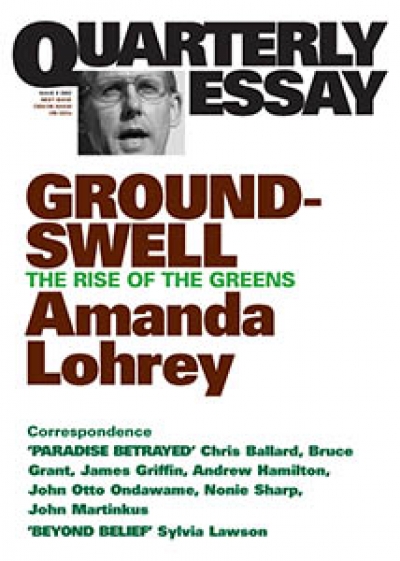Politics
Is anti-Americanism one of the last respectable prejudices in Australia, or are cries of anti-Americanism a way of silencing reasonable criticism? At the risk of being injured while straddling the fence, I will argue that, although the Bush administration has often behaved like an imperial bully-boy, the US has become the whipping boy for the anxieties of many nations and people. A broad anti-Americanism seems on the rise among Australians, possibly due to the resentment many feel about US power and the policies of this administration. Although I sympathise with many of its critics, the associated slide of many Australians into anti-Americanism is unfortunate. Presidents come and go, but America’s importance in our world and imaginations is much greater. Besides, the US is far too diverse to hate.
... (read more)During his lengthy career as editor of the Daily Express, Arthur Christiansen visited Rhyl, one of those grim towns that passes for a seaside resort in the English north. Strolling along the promenade with his wife, he was fascinated by the people: ‘Their flat, sallow northern faces, their Sunday-best clothes, their curious capacity for enjoying themselves without displaying any signs of emotion, moved me – people in the mass always do.’ Returning to London, he wrote a bulletin describing ‘the composite Englishman’ whose interests and perspectives his reporters should always have in mind. Christiansen called him ‘THE MAN ON THE RHYL PROMENADE.’
... (read more)The 1990s will be remembered as the time when Australia slid into that morbid state of ‘new inequality’ that Will Hutton, writing about the British experience under Margaret Thatcher, called the ‘30/30/40 society’. In July 2003 the Australian Bureau of Statistics confirmed that income inequality had increased substantially during the 1990s. Whether a preoccupation with the ‘shrinking middle’, as Michael Pusey has recently argued, is therefore all that important is questionable. In Australia, one in four jobs are now part-time, and many are precarious. Persistent and long-term unemployment has contributed to the fact that one in three Australians are now relying substantially on government benefits. It is hardly surprising, therefore, that what Mark Peel in this new book calls ‘poverty news’ is back on the front page. By poverty news, Peel means the way Australia’s media has increasingly reported the problems occasioned by ‘welfare cheats’ since the late 1980s. Peel’s book challenges us to ask how we should think about poverty.
... (read more)Australian Liberals and the Moral Middle Class: From Alfred Deakin to John Howard by Judith Brett
This book is dedicated to Judith Brett’s grandparents, ‘none of whom ever voted Labor’, and their grandchildren, ‘most of whom do’; and concludes with the observation that ‘the relationship between … emerging social formations and nationally based political parties is not yet clear – or at least not to me’. The dedication suggests even-handedness, and the concluding words imply a commitment to evidence as the basis for argument. These qualities characterise this major study of Australian Liberalism – an impressive personal achievement and a significant event in Australian intellectual life – though Brett sometimes appears to believe that they are one and the same thing, and that, in order to understand human relations, one must first accept the equal validity of ideologically opposed views.
... (read more)Over the past few years, Bob Carr has been tweaking the veils that shroud his inner self. In essays, speeches and book reviews, he has teased and titillated us with glimpses of his diary and extracts from his unpublished autobiographical novel, Titanic Forces. Now, with Marilyn Dodkin’s Bob Carr: The Reluctant Leader, built around Carr’s personal diary, we have a grand disrobing. Although she has used Hansard reports, newspaper files and interviews, there would be no publishable work without the diary, quotations from which average two per page. Indeed Carr’s words constitute some thirty per cent of the book. The diary provides the work’s narrative structure, and, when the diarist flags, so does the book. A result of this approach is that the author’s rather pedestrian prose is often outshone by the diarist’s vivid and sardonic style.
... (read more)A Certain Maritime Incident: The sinking of SIEV X by Tony Kevin
It is fair to say that ‘truth in government’ has become Australia’s most critical political issue, as it goes to the heart of ministerial responsibility and public accountability, which in turn make possible representative government. In recent years, a number of constituent issues have arisen under the ‘truth in government’ heading, including the Australian government’s cover-up of unfolding events in East Timor in 1999, the ‘children overboard’ affair and Iraq’s alleged ‘weapons of mass destruction’. Alongside these issues is the sinking of the asylum-seeker boat SIEV X, in which 353 people drowned. Yet of these issues, the SIEV X affair is perhaps the least well understood, in large part due to government dissembling and lying. So far as information on SIEV X has come to public attention at all, it has had to be extracted, slowly and painfully, from a government most reluctant to let any part of it go.
... (read more)The Andren Report by Peter Andren & A Humble Backbencher by Ken Fry
These two well-written, unpretentious and engaging books address a central question for those interested in parliamentary democracy: who should represent us? Is the best representative someone just like ourselves, or someone who knows how ‘the system’ works and can manipulate it in our interest? Should it be someone from the party in power? Should it be someone wise and experienced, or young and vigorous? Should it be a woman, to represent the largest proportion of the electorate?
... (read more)Penal Populism and Public Opinion: Lessons from five countries by Julian V. Roberts, Loretta J. Stalans, David Indemaur, and Mike Hough
Recently, New South Wales had its fifth election since 1988 in which shrill law and order promises – tougher sentencing, more police, and the like – constituted the most prominent feature of the major parties’ campaigns. During those fifteen years, NSW witnessed its biggest prison-building programme in more than a century and a rise of more than fifty per cent in its prison population. An obvious lesson is that prison-building programmes and rising criminal justice expenditures do not reduce crime or enhance feelings of public safety and confidence in legal institutions, and that those who argue otherwise are chasing phantoms. Yet the terms of political discourse around law and order seem to be impervious to the facts. What would commonly be taken as incontrovertible evidence of the failure or limits of a policy in other areas yields more of the same in relation to crime control, such is the treadmill of penal populism.
... (read more)Implicating Empire: Globalization and resistance in the 21st century world order edited by Stanley Aronowitz and Heather Gautney
Empire is everywhere. You can see it in the shanty towns of São Paulo and on the coffee tables of the well-heeled in Boston and Sydney. It made us, in its British form, in the antipodes via the expeditions of Cook and Banks, and all that followed. Now it dominates our newspapers and television screens in the form of war.
... (read more)First, a small tribute to Peter Craven and his colleagues for the establishment of Quarterly Essay (of which the above is the eighth issue). It is such a good idea that one wonders why it is such a recent innovation. A 20,000-word essay on an important contemporary issue, followed, in later issues, by responses to that essay, enable one to get one’s teeth into a matter of moment while it is still topical. The production is nicely done, too.
... (read more)

